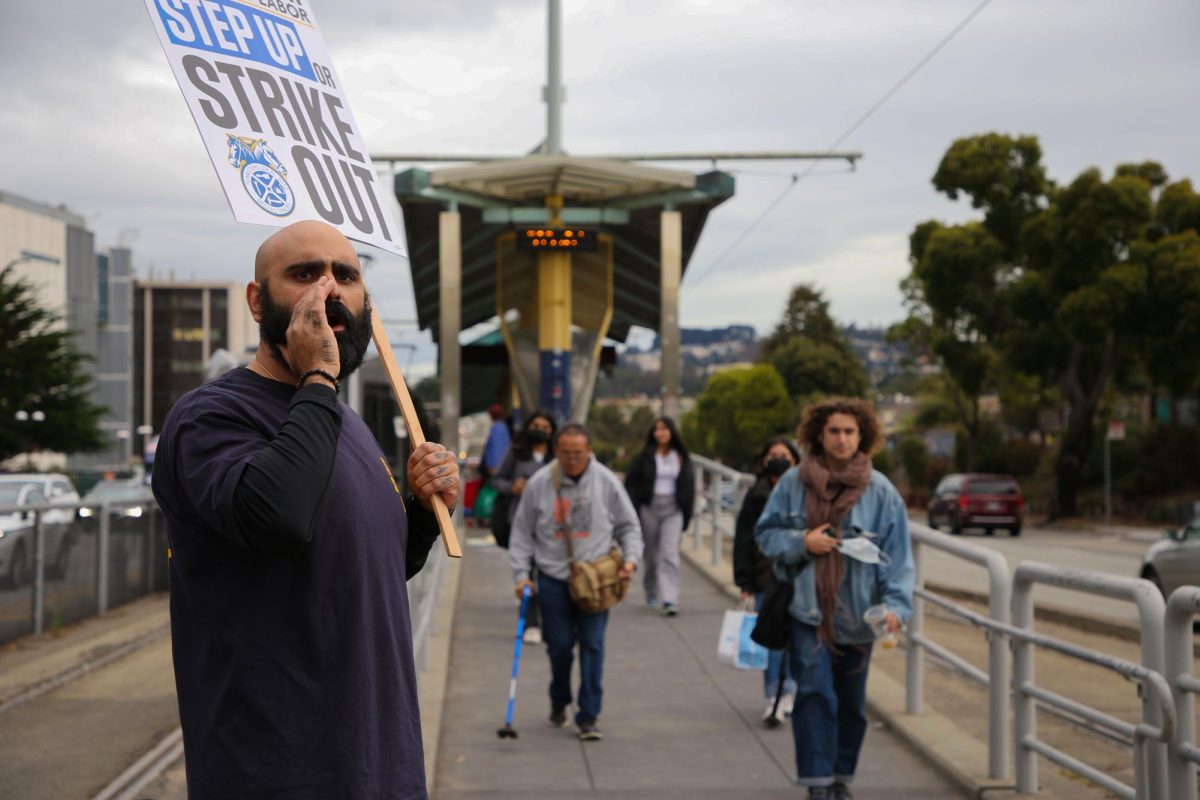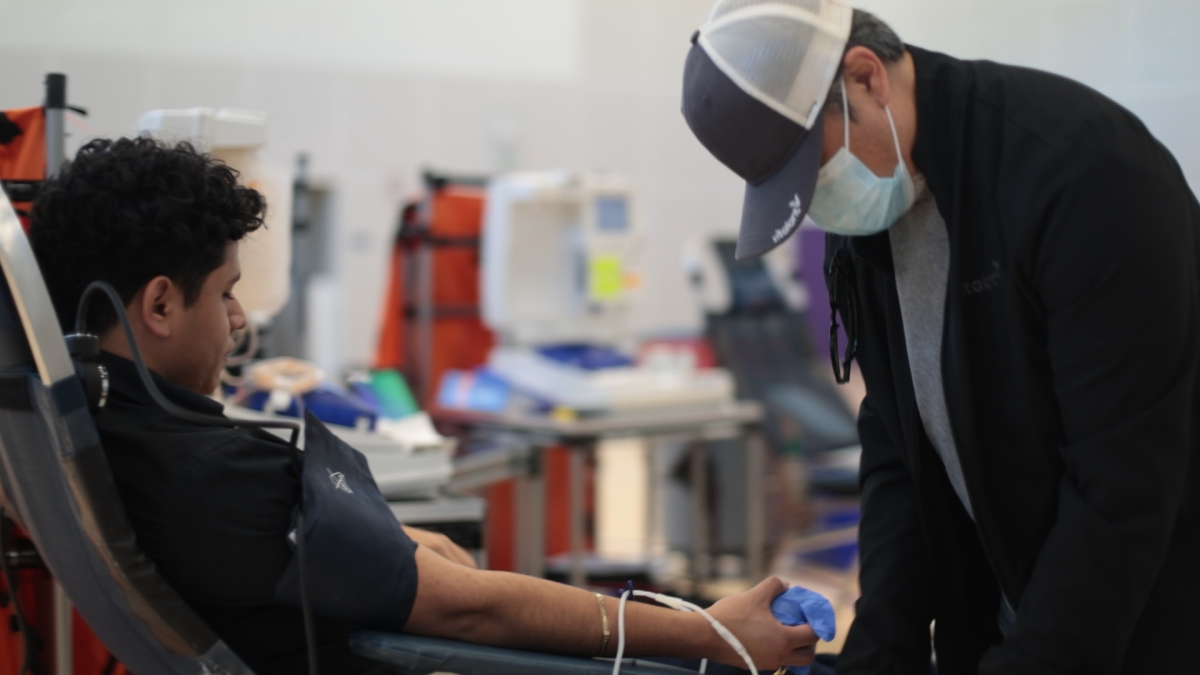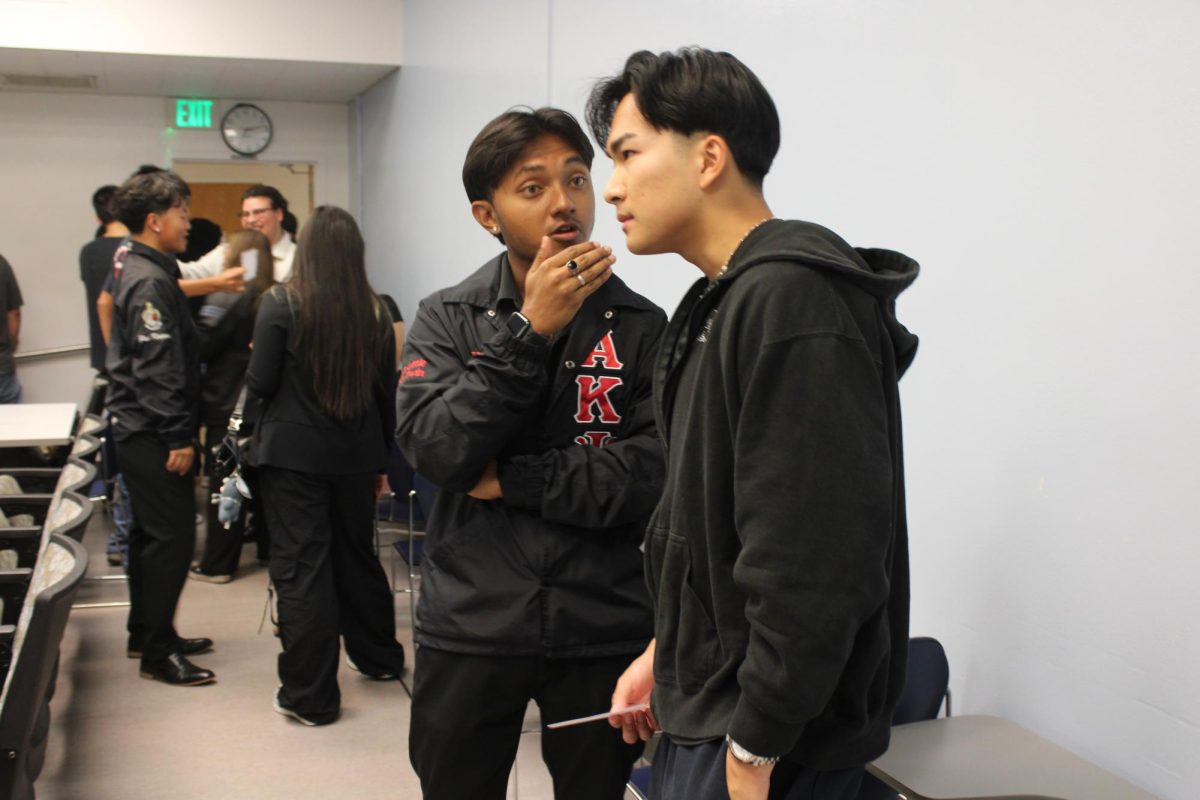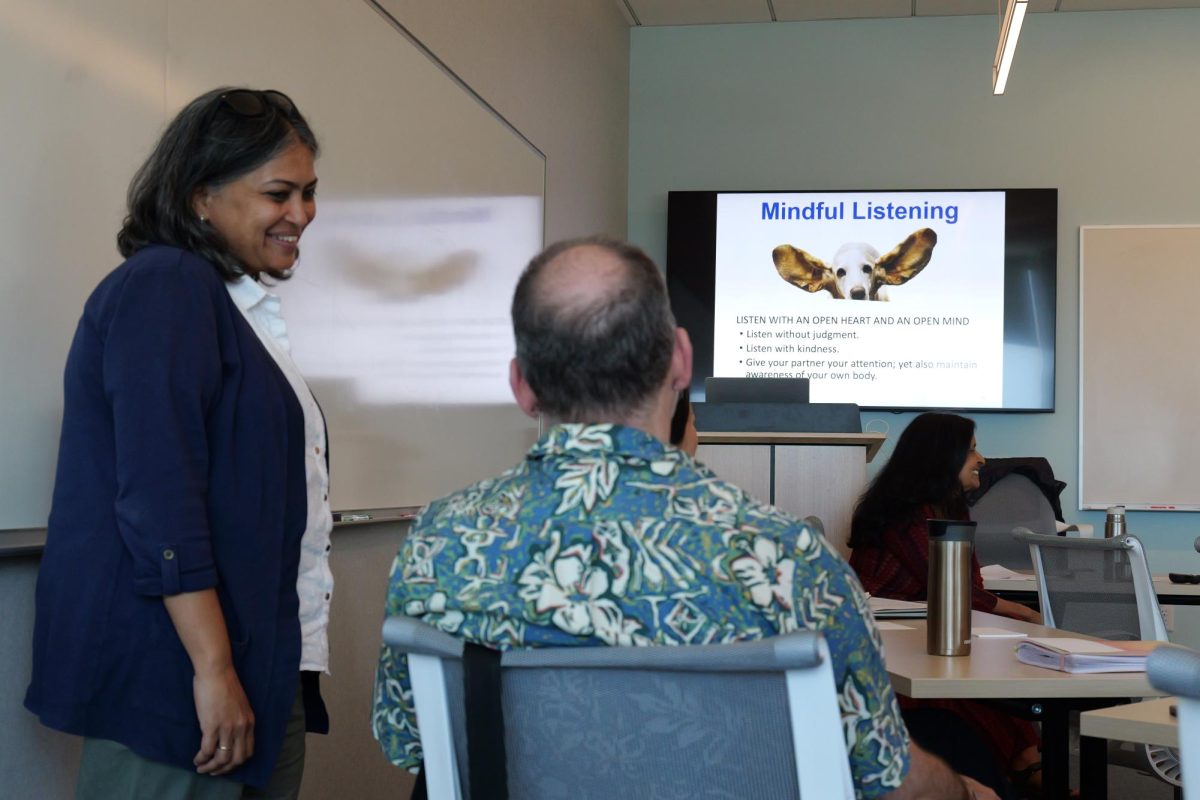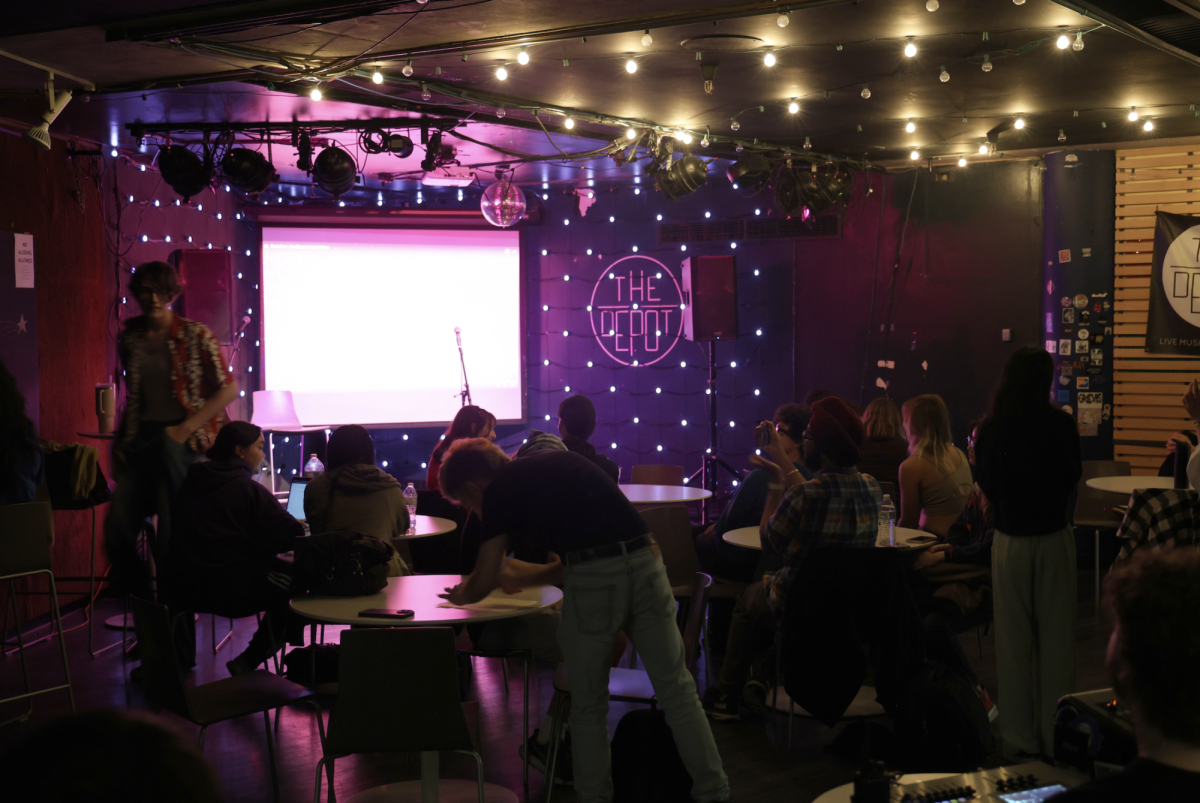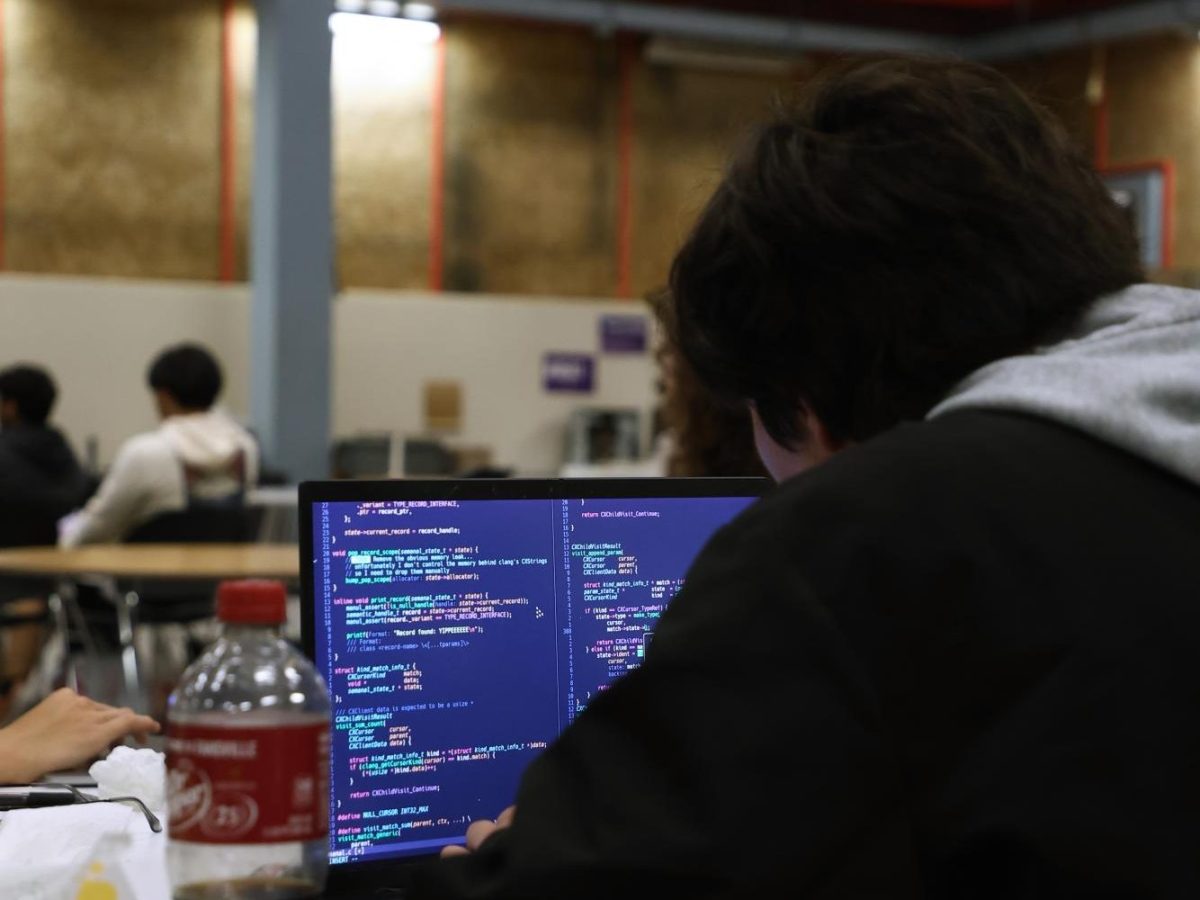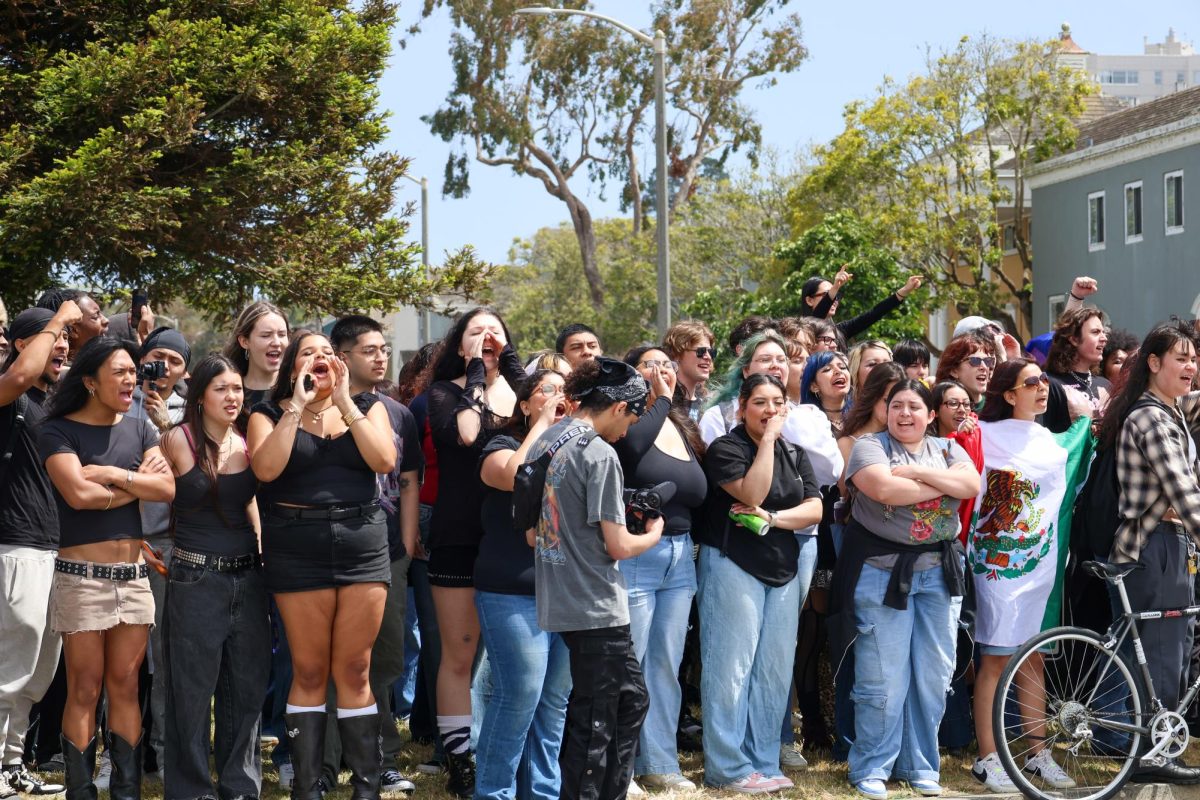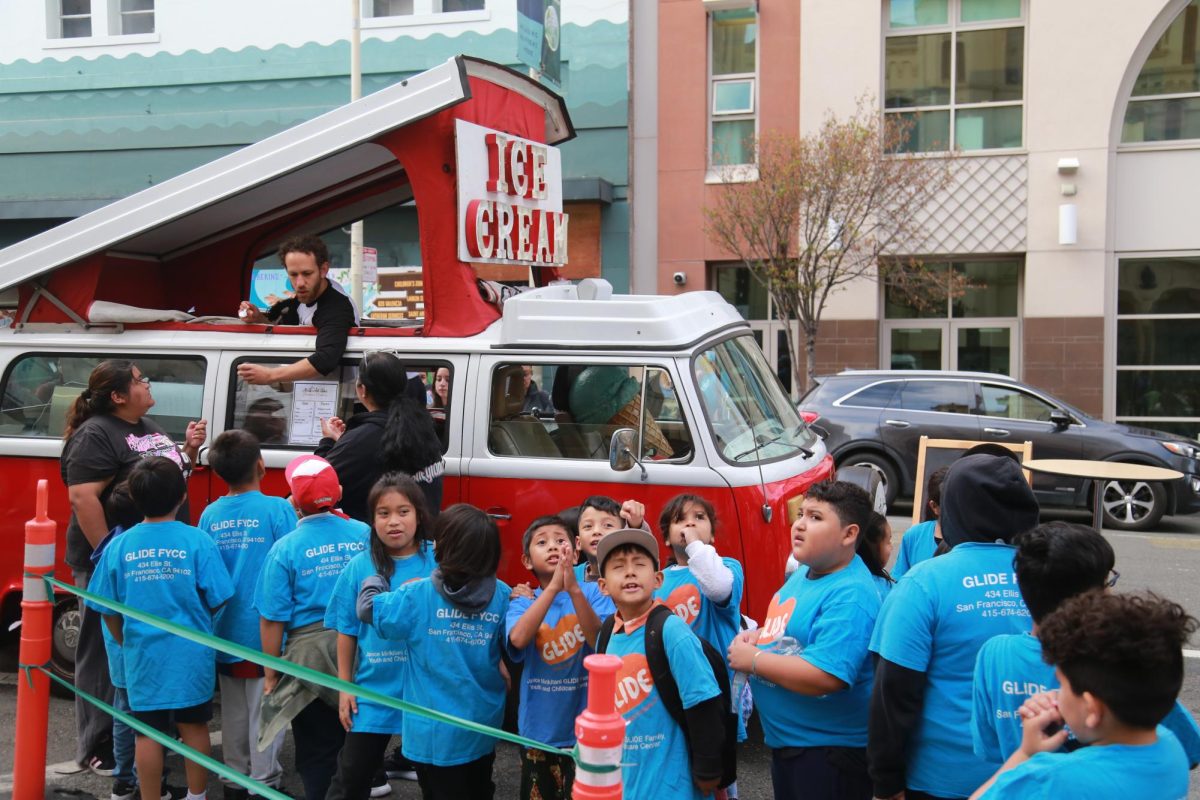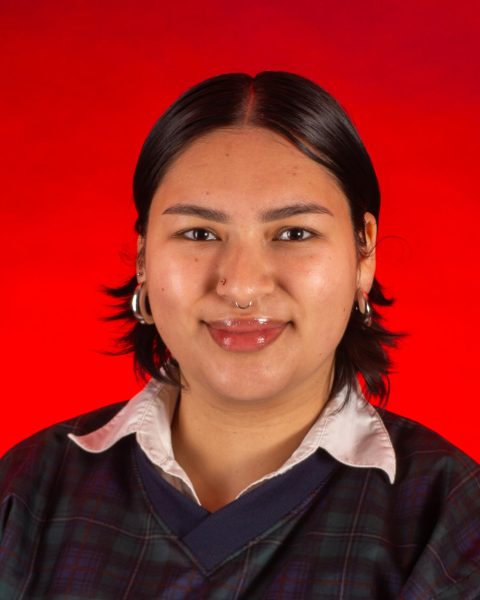In June of 2023, the California Faculty Association union and the California State University system bargained for a new contract. The CFA has been advocating for staff and faculty labor rights for four decades. However, this was the first time regular union members were permitted to participate in contract negotiations.
The CFA represents nearly 29,000 professors, lecturers, librarians, counselors and coaches across all 23 CSU campuses, and has been doing so since 1983. The union fights for academic freedom, faculty rights, fair pay and improved spaces and learning environments on campus. What started out as a typical contract negotiation ultimately snowballed into the CFA leading the largest higher education strike in history.
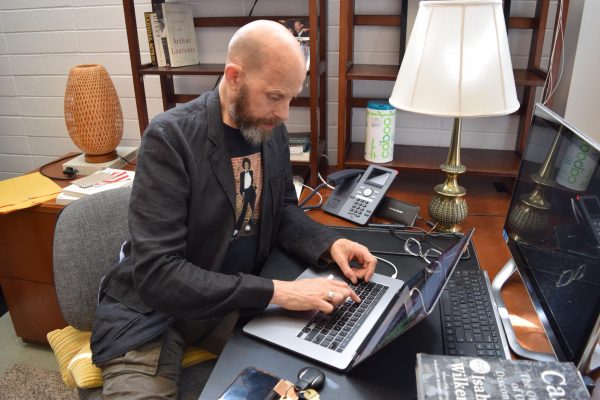
Mark Allan Davis, the CFA Council for Racial and Social Justice representative, explained that the open bargaining process set this negotiation apart from previous ones.
“When they walked in and saw a room full of 75, 80 members, they were really terrified,” said Davis.
In the early stages of bargaining, the CFA brought their demands forward: a 12% salary increase across the board, a minimum wage increase for the lowest-paid faculty,
gender-inclusive bathrooms and safe lactation spaces, a counselor for every 1,000 to 1,500 students, a family leave increase from 30 days to one semester, and safeguards for Black and brown faculty in police interactions.
“Normally, bargaining has been closed, which means that the bargaining team is operating separately from us. So, we don’t know what’s going on in the marketing—they just tell us,” said Davis.
SFSU-CFA chapter President Brad Erickson explained that in the past, closed bargaining had made it easier for the CSU to dismiss the union’s demands.
“They’re very comfortable talking behind closed doors […] because it is easier for them to bully and control and to say, ‘Oh, well, that’s not possible,’ ” said Erickson. “But when they do that stuff in front of an audience of workers, the workers see their bullshit and it angers them. That inspires them to act and to organize.”
In response to their demands, the CSU offered a 5% salary increase with no mention of raising the salary floor. After the two sides couldn’t agree on a contract, the CFA declared an impasse and voted to go on strike. The vote to strike passed with 95% in favor, and on Dec. 4, 2023, Cal Poly Pomona, SF State, CSU Los Angeles and Sacramento State University participated in a rolling four-day strike.
On Dec. 18, the CFA Board of Directors unanimously voted to continue with a systemwide strike between Jan. 22 and Jan. 26. The CFA was willing to refrain from striking if the CSU was willing to negotiate their original offer. However, the two organizations failed to see eye to eye.
Tentative Agreement
On Jan. 22, the longest faculty strike in U.S. history was cut short. An email sent out to union members that night notified them of the news: the CFA and CSU reached a tentative agreement, but not the one some union members had hoped for. The tentative agreement then had to pass through a union member vote.
“People were disappointed,” said Davis. “Some people were confused like, ‘Wait a minute, what happened?’ ”
In the tentative agreement, the CSU offered a 5% general salary increase, retroactive to July 1, 2023, and another 5% increase this coming July. . However, the second raise is contingent on whether or not the state reduces base funding to the CSU. The salary floor for the lowest-paid faculty would increase by $3,000.
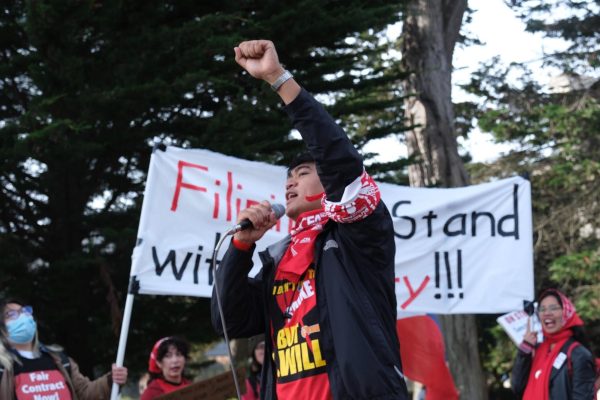
Many union members felt blindsided by the CFA bargaining team’s decision to accept the CSU’s offer. According to Davis, despite the bargain being open, union members were left out of the final decision regarding the tentative agreement.
“It was coercive and bullying,” [10] said Erickson. “If we’d been consulted, we might’ve even agreed to the TA and fight another day… But we were excluded from the conversation. That was the real bitter pill…the way it went down.”
On the Thursday that would have concluded the four-daylong system-wide strike, SF State hosted a rally in the Quad, protesting the agreement. Union members even formed a “NO” in the grass to express their disappointment. According to KQED, the SF State chapter polled 360 of its members; 70% of which said they planned on voting no, while only 3% planned to vote yes.
Despite the opposition from SF State, union members from CSUs across the state passed the tentative agreement with 76% of voters in favor of the proposal. Another opportunity to bargain for a contract will not be presented until 2025.
Erickson believes that the TA passed because of misleading ballot language.
“Only 75% voted yes so that is a fivefold increase in no votes,” said Erickson. “That signals a crisis in confidence in the union leadership.”
Now, Erickson along with other union representatives are bringing forward resolutions during their general assembly meetings. The resolutions, if passed, would create more transparency between the main CFA and its members.
“Our goal right now is to try and dislodge those [disappointed] thoughts and to move forward more powerfully and positively,” said Davis. “It is in anticipation of 2025 to reorganize and make sure that our members know that they can participate, to make it understood very clearly that they should and can.”



